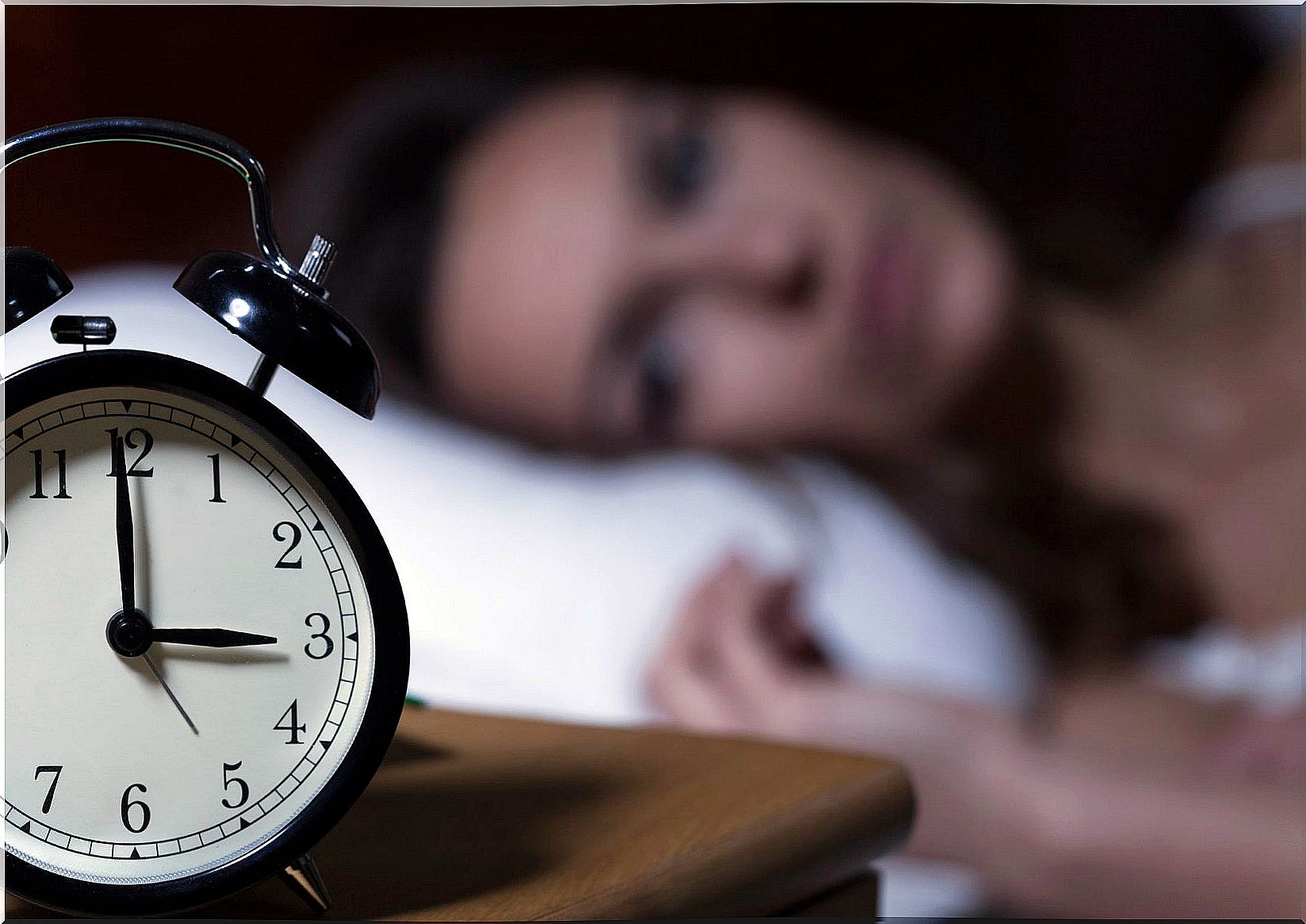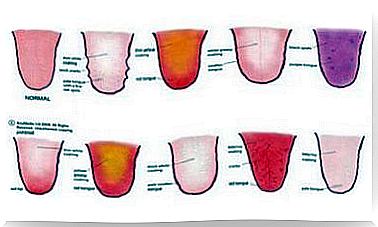How Diabetes Can Lead To Sleep Disorders
Diabetes can lead to sleep disorders, which in the long term can have further negative consequences for health.

Diabetes can cause sleep disorders such as apnea. Diabetics should therefore pay attention to prevent further health problems. It’s important to do something at the first sign.
Why does diabetes cause sleep disorders?
The blood sugar level affects a lot in our body and can lead to sleep disorders. This usually affects diabetics, who can not only increase the quality of their sleep with a correctly adjusted blood sugar level, but can also influence the insulin dosage for the following day.
Those who sleep better need less insulin. If the blood sugar is in the normal range, sleep is better. Two reasons that are mutually dependent and speak in favor of acting quickly in the case of sleep disorders, especially in the case of diabetes.

What does diabetes have to do with insomnia?
Blood sugar levels and healthy sleep are interdependent. Even when we sleep, our brain needs fuel, glucose, which is present in the blood as blood sugar. So if the blood sugar level is too low during sleep and the brain is consequently supplied with too little glucose, our brain gets under stress.
Stress hormones are released as a stress reaction, which the body then tries to regulate again. This can result in tremors and sweating.
Usually you do not notice anything about it in your sleep, which is why this sleep disorder is so insidious and can lead to harm for a long time unnoticed.
Even if the blood sugar level is too high, it leads to insomnia. Because this creates thirst on the one hand and a filled bladder on the other. Both wake you up and disturb your sleep.
Other sleep disorders such as snoring or apnea also promote diabetes, because disturbed sleep leads to increased insulin resistance.

Consequences of lack of sleep
Even if you as a diabetic do not necessarily notice that you suffer from insomnia, you now know why it is especially important for you to pay attention to it.
But healthy people should also make sure they get enough restful sleep, because the consequences of too little or poor sleep are always critical.
In the last few years the length of sleep has become less and less, the average German only sleeps 7.5 hours a day. But it is not only the length of sleep that is important, but also the quality.
Anyone who cannot sleep properly or sleeps too little in the long term harms themselves. And you do not always harm yourself alone – your fellow human beings also feel the effects of your lack of sleep. From a bad mood to a higher frequency of accidents in traffic – not getting enough sleep affects those around you too!
Consequences of disturbed sleep
Healthy people also risk damage to their health from sleep disorders or lack of sleep. The following consequences can occur :
- Depression : Long-term sleep disorders make you depressed. Many people who are depressed or who suffer from depressive moods had sleep disorders or a lack of sleep due to stress or other causes before these emotional problems occurred.
- Arrhythmias and high blood pressure : Our heart is also sensitive to insufficient sleep. It doesn’t always lead to both, but high blood pressure and arrhythmias are often linked to lack of sleep.
- Weight gain : The metabolism changes when the body does not get enough sleep. Weight gain inevitably follows, as the nocturnal fat burning is disrupted by too little sleep. In addition, lack of sleep makes you hungry and appetite for unhealthy sweets.
- Diabetes : Lack of sleep affects the metabolism in such a way that insulin sensitivity decreases and this can lead to type II diabetes.
- Risk in road traffic : Daytime sleepiness increases and leads to “blackouts” and microsleep, which endanger safety (including on the road). A lack of concentration also leads to slower reactions.
- Negative effects on the brain : the ability to learn and remember decreases. Neurologists suspect that too little sleep can even cause lasting damage to the brain.
- Weak immune system : Lack of sleep also damages the immune system, because our body needs the regeneration of deep sleep in order to remain resilient and to keep our immune system intact.
- Accelerating the aging process: Studies have shown that lack of sleep also causes the skin to age faster and lose its elasticity.

How much sleep do you need?
People who live to be over 100 years old sleep an average of 10 hours a day! Sure, you can’t do that every night. Still, try to achieve this at least once a week and get a minimum of 8 hours of sleep every night !
Sleep is an extremely important regeneration phase for your body. Use them to extend your life ! The quality of sleep is also important: you should sleep in an absolutely dark room and ensure the greatest possible rest. This is the only way for the sleep hormone melatonin to do its life-extending work.
Further studies have shown: sleepless people are perceived as less attractive. And how long do you sleep like this?









